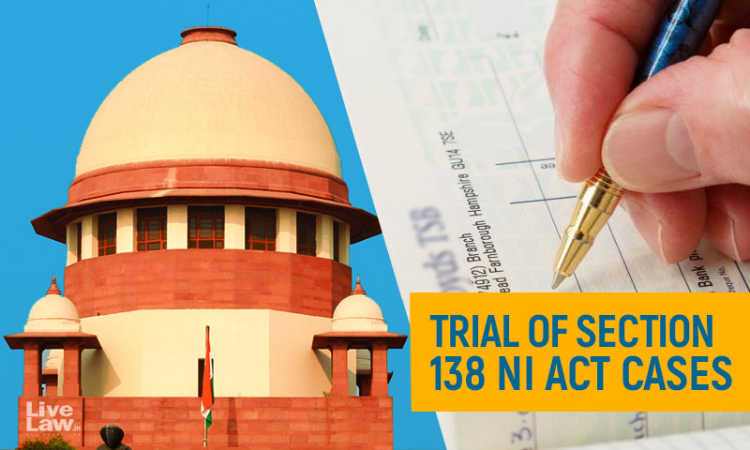Section 138 NI Act - If Signature On Cheque Is Admitted, Presumption Under Section 139 Will Be Raised : Supreme Court
Srishti Ojha
26 Sept 2021 2:27 PM IST

The Supreme Court convicted the accused noting that accused had not replied to the demand notice and had raised his defence for the first time before the High Court.
Next Story


